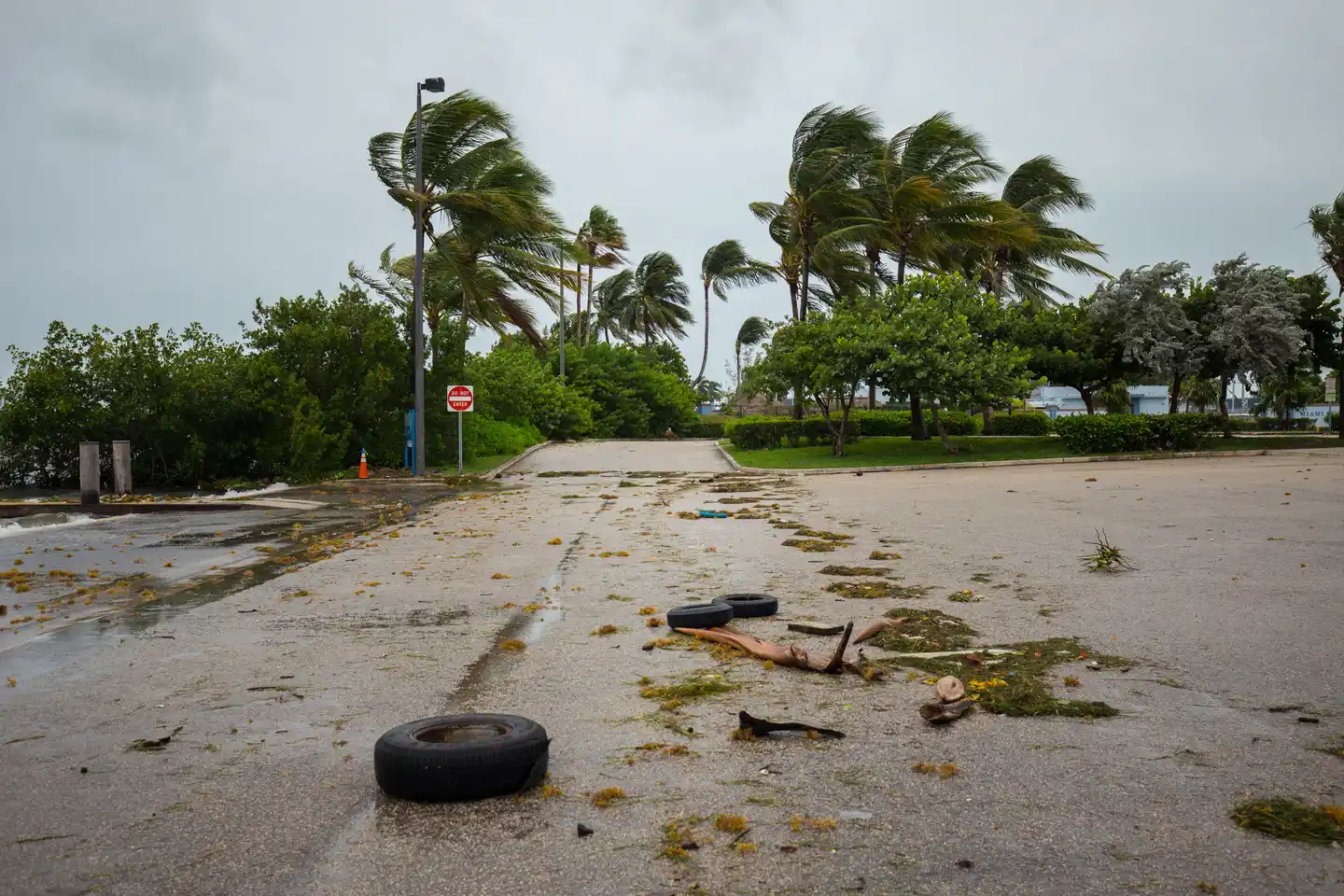
Hurricane season is the time of year when hurricanes are most likely to form and occur in the Atlantic Ocean, the Gulf of Mexico, and the Caribbean Sea. In the United States, hurricane season typically runs from June 1st to November 30th.
What is a Hurricane?
A hurricane is a type of tropical cyclone, which is a storm system that forms over warm ocean waters and has the potential to bring strong winds, heavy rainfall, and flooding to coastal areas. Hurricanes are rated on a scale of 1 to 5 based on their wind speed and potential for damage, with Category 3 and above considered to be major.
When Does Hurricane Season Start?
Hurricane season in the Atlantic Basin, which includes the Atlantic Ocean, Gulf of Mexico, and the Caribbean Sea, officially begins on June 1st and runs through November 30th. However, it's important to note that hurricanes can and do form outside of this time frame. For example, Hurricane Alex formed in January 2016, and Hurricane Zeta formed in October 2020.
When Does Hurricane Season End?
Hurricane season in the Atlantic Basin officially ends on November 30th, although these powerful storms can and do still form outside of this time frame. It's important for residents in hurricane-prone areas to be prepared for the possibility of a hurricane at any time of year.
Where Do Hurricanes Occur?
These storms typically form over warm ocean waters and can affect coastal areas. In the Atlantic Basin, this includes the Atlantic Ocean, the Gulf of Mexico, and the Caribbean Sea. However, hurricanes have also been known to form in other parts of the world, such as the Pacific Ocean and the Indian Ocean.
Tropical Storm vs. Hurricane
Tropical storms and hurricanes are both types of tropical cyclones, but there are some key differences between the two. A tropical storm is a storm system that has wind speeds ranging from 39 to 73 miles per hour, while a hurricane has wind speeds of 74 miles per hour or higher. In the Atlantic Basin, tropical storms are given a name and become a hurricane once their wind speeds reach 74 miles per hour.
Tropical storms can still bring strong winds, heavy rainfall, and flooding, and can cause significant damage, but the potential for damage is generally greater with a hurricane due to its higher wind speeds. It's important for residents in hurricane-prone areas to be prepared for both tropical storms and hurricanes and to take appropriate precautions.
How to Recover from Hurricane Damage
If you have been affected by a hurricane, it's important to take steps to ensure your safety, as well as the safety of your loved ones and property. This may include evacuating the area if instructed to do so by local officials, securing your property by covering windows and moving outdoor items inside, and staying informed about the storm's progress.
Once the hurricane has passed, you can begin the process of cleaning up and repairing any damage. This may include removing debris, making temporary repairs to prevent further damage, and contacting your insurance company to file a claim.
It's also important to consider hiring a professional restoration company, such as SERVPRO®, to assist with the cleanup and repair process. SERVPRO® specializes in storm damage restoration and can help you get your property back to its pre-storm condition quickly and efficiently. Contact your local SERVPRO® today to learn more about their storm damage restoration services and how they can help you recover from a hurricane.
Hurricane Hazards
In addition to the dangers posed by high winds and flooding, hurricanes can also bring other hazards, such as tornadoes and storm surges. Tornadoes are often spawned by hurricanes and can cause additional damage and injury. Storm surges are a rise in seawater levels that can cause coastal flooding and property damage.
It's important for residents in hurricane-prone areas to understand the risks and be prepared for the possibility of a hurricane. This may include having a plan in place for evacuation, securing your property, and staying informed about the storm's progress. It's also important to have an emergency supply kit on hand, including non-perishable food, water, flashlights, and first aid supplies. We also encourage making use of the SERVPRO® Emergency Ready Plan.
If you are in the path of a hurricane, it's important to follow the instructions of local officials and to take appropriate precautions to protect yourself and your property. This may include evacuating the area if instructed to do so, securing your property, and staying informed about the storm's progress.
After the hurricane has passed, it's important to carefully assess the damage and take steps to clean up and repair any damage. This may include removing debris, making temporary repairs, and contacting your insurance company to file a claim. Hiring a professional restoration company, such as SERVPRO®, can also be helpful in the cleanup and repair process.
In conclusion, hurricane season is the time of year when tropical storms are most likely to form and affect coastal areas. Understanding the risks and being prepared can help you protect yourself and your property in the event of a hurricane. If you are affected by a severe storm, taking steps to clean up and repair any damage can help you recover and get your life back to normal.